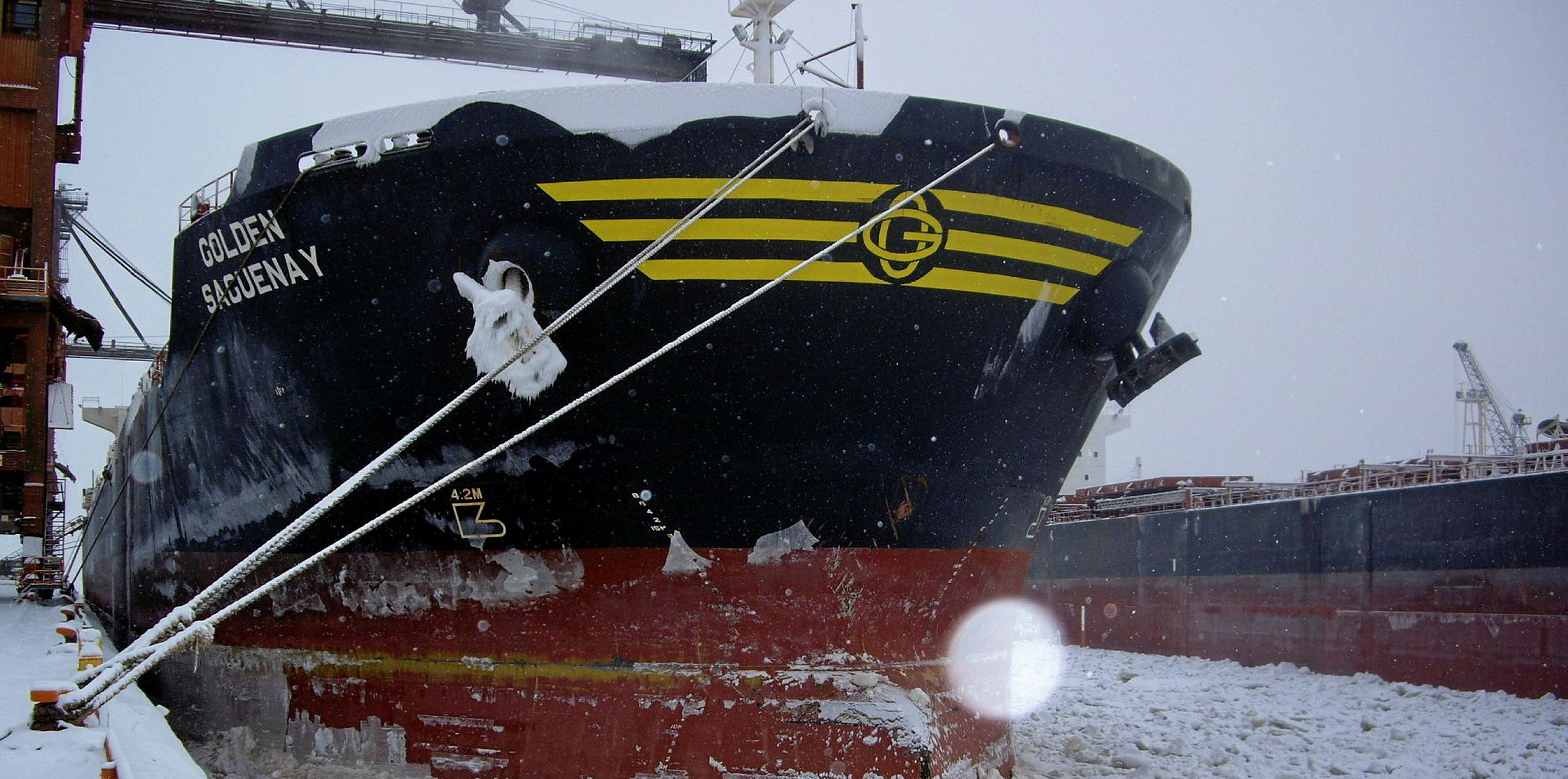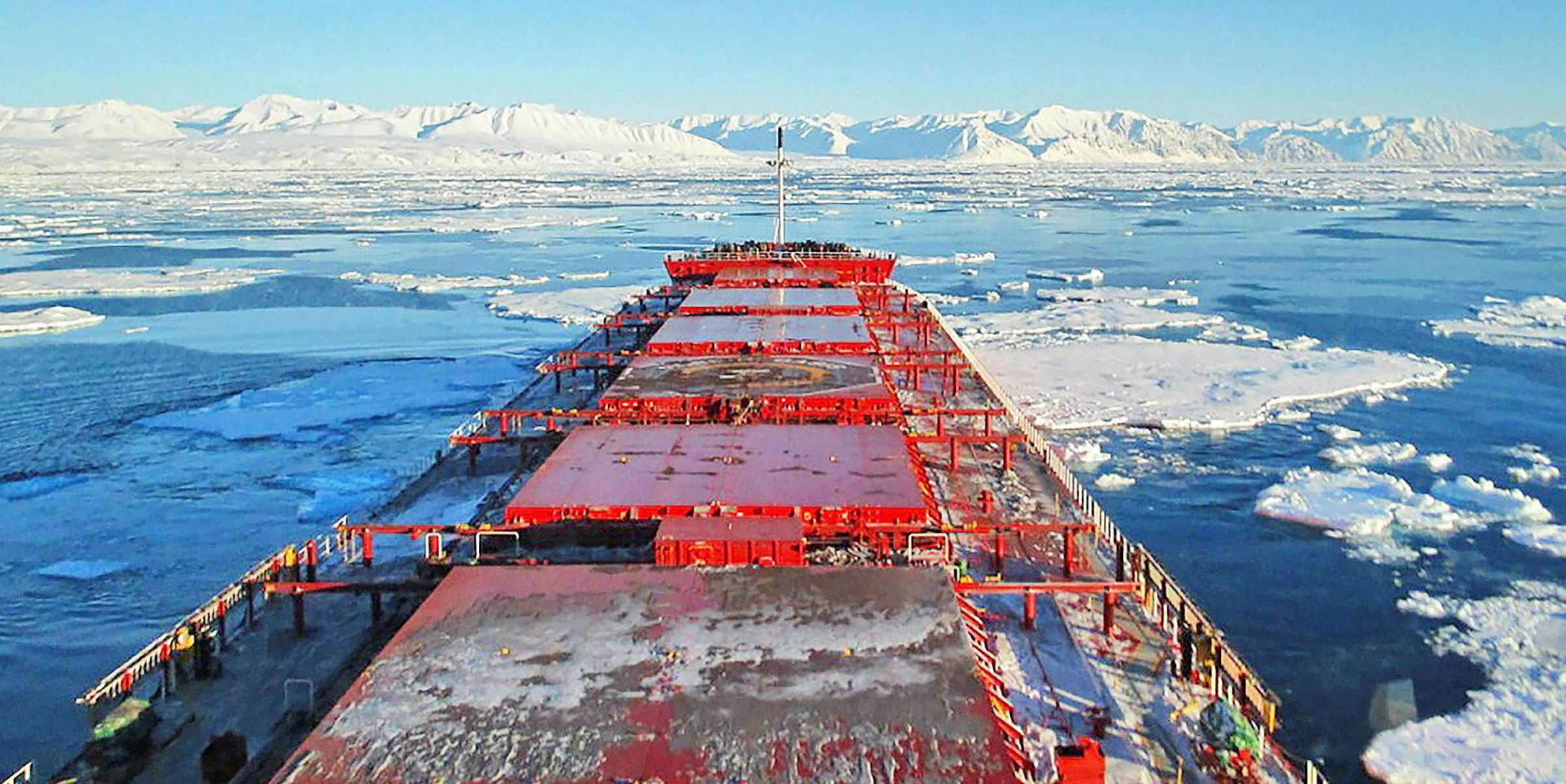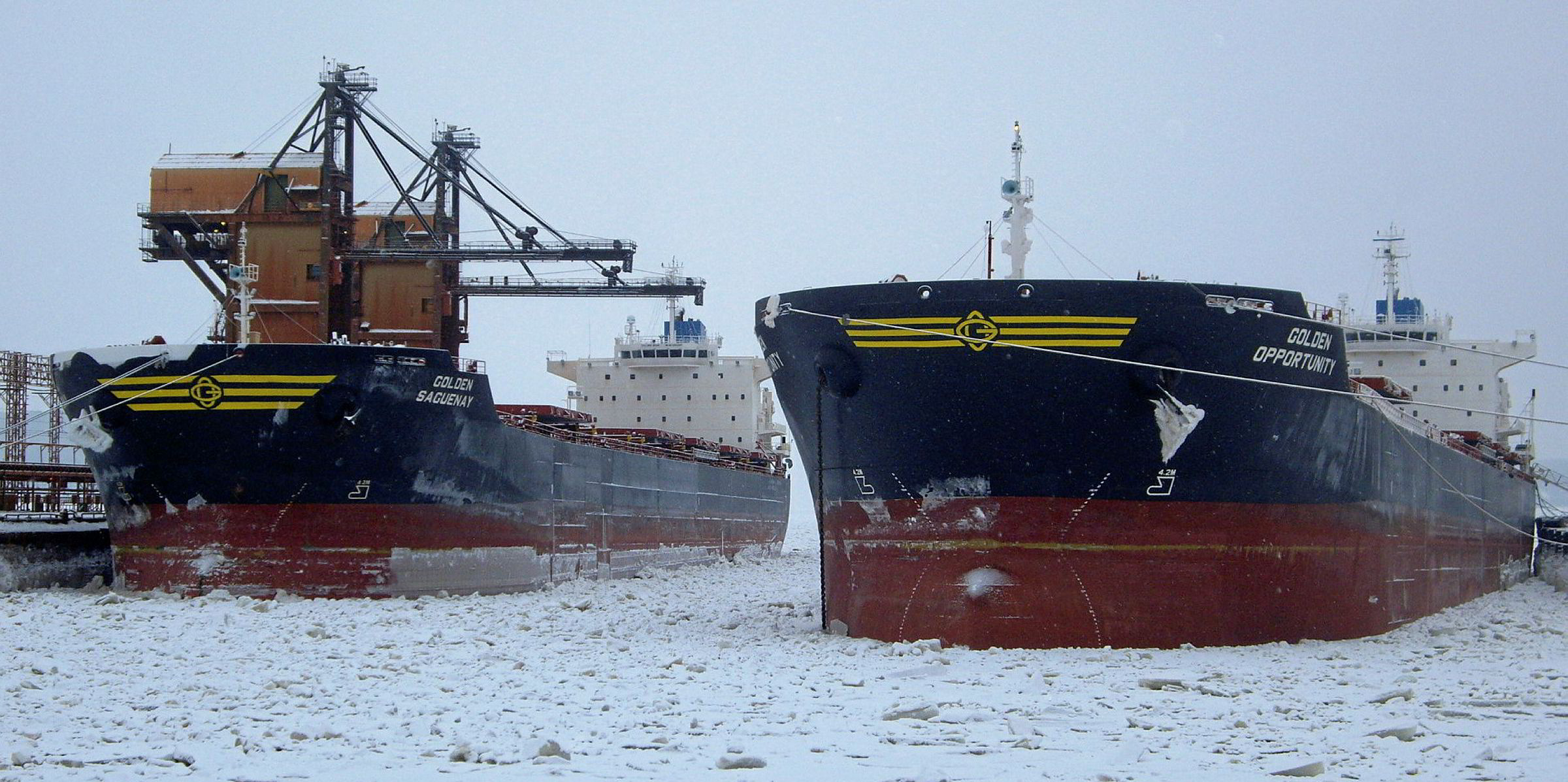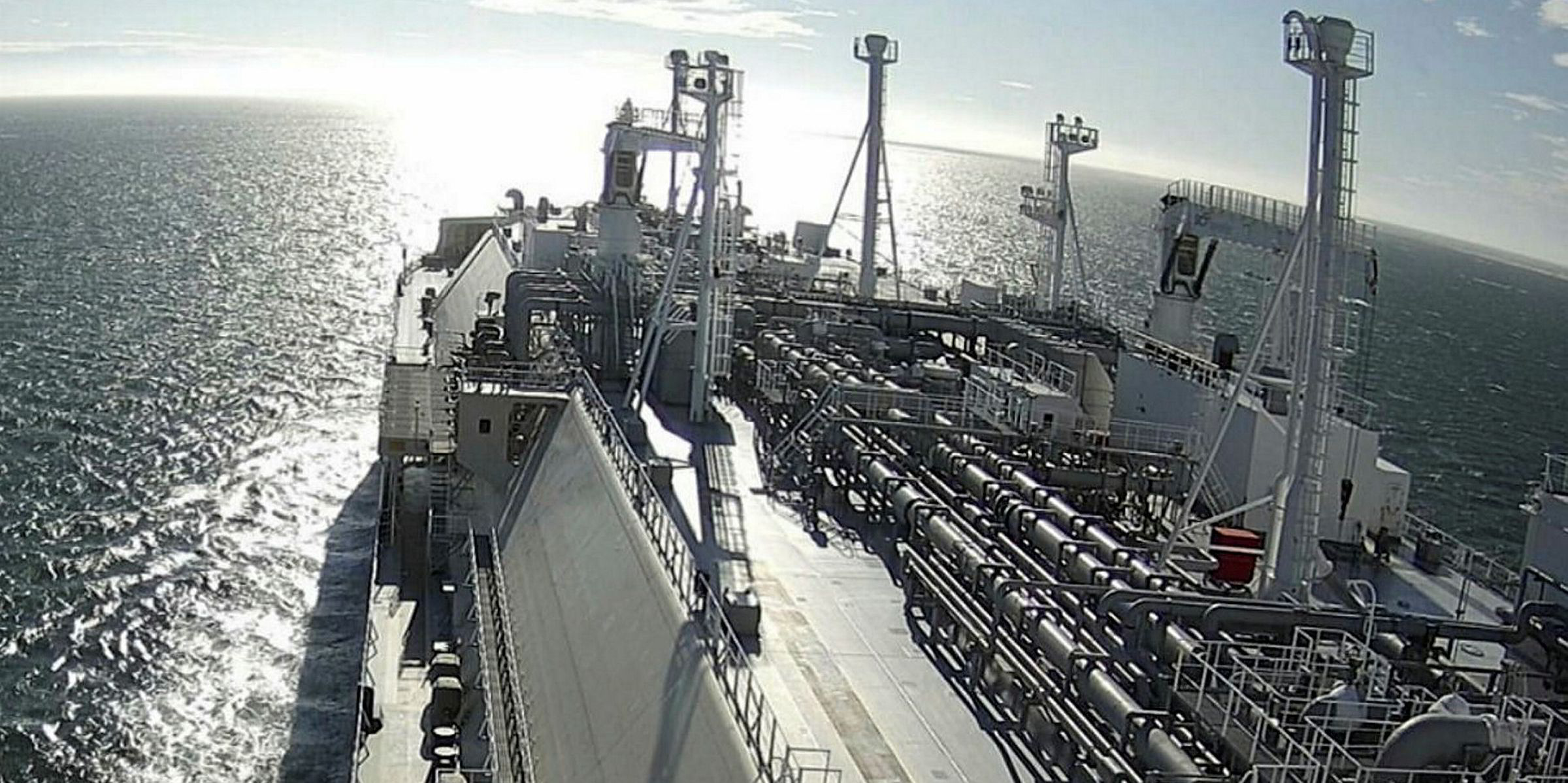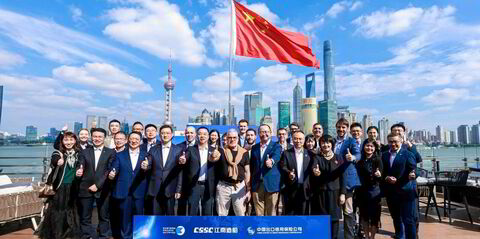John Fredriksen's Golden Ocean Group is ballasting westward to Murmansk through Russia's Northern Sea Route (NSR) with three ice-class panamax bulkers, as it seeks to build its Arctic business.
The three ships are all believed to be serving a key Golden Ocean client, Andrey Melnichenko, whose Siberian Coal Energy Co and Eurochem Group respectively control large volumes of coal and fertiliser. Melnichenko’s companies, encouraged by Russian state development policies, seem motivated to overcome the high cost of getting their cargoes out of Murmansk.
Golden Ocean declined to identify clients or cargoes but said this week the ships will load in Murmansk and are expected to discharge at European ports.
But the Oslo-based bulker owner has its sights on building a bigger Arctic portfolio.
Golden Ocean chief executive Ulrik Uhrenfeldt Andersen told TradeWinds his company believes it is in a position to earn better than the market in the demanding niche trade.
But he emphasised the formidable challenges.
Heavy ice-class bulkers cost more to build, to maintain and to fuel. The length of the season is growing with climate change but is still unpredictable from year to year. Ships in the Russian trade are not underwritten by a single anchor client as in the case of Russian Arctic gas and tanker shipping, there are no backhaul cargoes, and the volumes for a normal spot market are not there yet.
As a result, many owners are not using their expensive ice-class bulkers in the trades for which they were built.
"The perception that ice class equals premium is a simplification," said Andersen.
"It is not just to contract an ice-classed vessel and get premium earnings. That is why you see around 25 large bulk carriers with ice-class specifications that never trade in ice."
Competitive edge
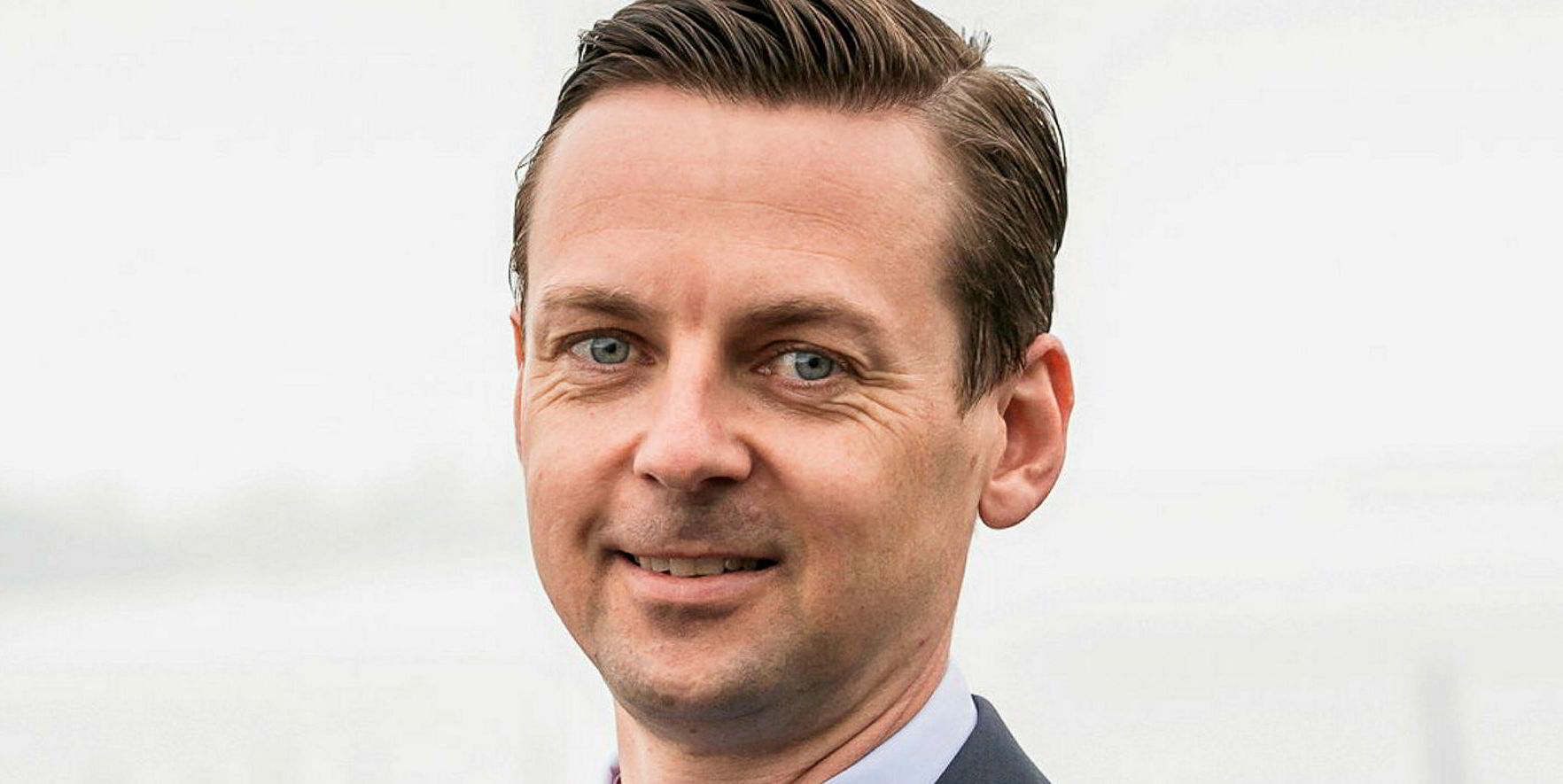
He thinks Golden Ocean has advantages that make it more able than its competitors to overcome some of the challenges of the trade.
"For instance, positioning the vessels in and out of the ice season is challenging, as you never know exactly when it starts or ends," he said.
"So having relationships and contract cover in the trade is critical as there is no ice-class spot market.
"That said, Golden Ocean is able to return better than market earnings on the ice-classed vessels over time. This is because we have the size and commercial reach. We use the ice class business as a platform to trade, arbitrage and position our fleet around.
"In addition, we have access to cheaper insurance and, naturally, we are leveraging our strong relations and excellent track-record with the Arctic players. Something we have built over many years."
TradeWinds reported in August on how dry bulk shipowners are planning to exploit a longer NSR season. The main players in bigger than handysize tonnage are Danish specialist Nordic Bulk Carriers, Germany's Oldendorff Carriers and Golden Ocean. Nordic's activities in the Russian Arctic have so far been built around its main Baffinland ore cargoes, whereas Oldendorff and Golden Ocean are looking to fit Russian cargoes into general global trading portfolios.
One hindrance to such integration is the lack of anything to bring back to Murmansk in a panamax.
"Both Russia and Ukraine supply the Murmansk area with grains, either by rail or Russian waterways," said Andersen.
"We do not see backhaul cargoes becoming an established trade in the near future."
But on the export side, Russia's Arctic enjoy government encouragement that may overcome that deficit.
"Russia has made no secret of the fact they are looking to increase export of LNG, fertilizer, coal and iron ore out of Murmansk through the Northern Sea Route," Andersen said. "In Golden Ocean, we are always looking for profitable growth and, therefore, we monitor the developments in the Arctic — just as we monitor opportunities in the rest of the world."
Opening up
He declined to be drawn on commercial specifics of that further prospective business.
"I cannot breach our customer confidentiality by revealing our contract of affreightment (COA) programme, but what I can say, is that we have a balanced approached to the market with spot, COA and [time-charter] contracts," he said.
September has over recent years been the peak of the NSR season, but some in the trade think the window is wider now.
"This year’s season has been slightly prolonged, but it may well change next year. Clearly, the Northern Sea Route is opening up, but we expect the length of the season to vary year to year," said Andersen.
